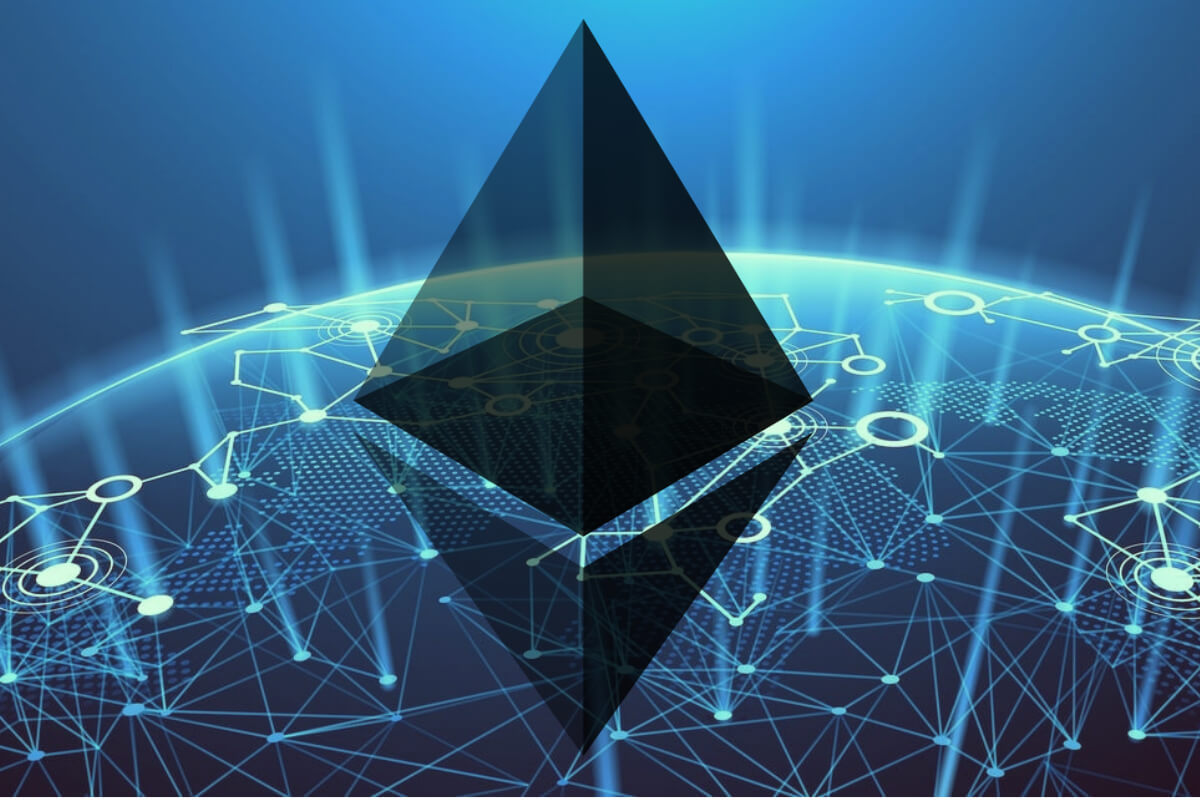

With just hours left before the next major Ethereum upgrade, there doesn’t appear to be any sign of delays or possible chain split risks.
The code change will include two simultaneous upgrades named Constantinople and St Petersburg, both of which will be implemented as hard forks on the Ethereum blockchain. The upgrades are scheduled to occur as soon as Ethereum reaches block 7,280,000.
In terms of disruption to the network, most exchanges have put in place precautionary measures to suspend deposits and withdrawals at the time of the fork, but as no contention or chain splits are foreseen, we expect this to be reversed not long after the first few blocks on Constantinople/St Petersburg are mined and the network is stable.
The upgrade has two names to represent two originally separate upgrades that have now been combined into one hard fork event. The implementation of the Constantinople upgrade was previously delayed in January over a newly discovered security vulnerability.
According to the speed at which Ethereum’s blocks are mined, it is expected that the hard fork will take place later today, around 8pm (UTC). Some websites have suggested looking at the Fork Monitor tool to watch the split happen live. The tracker shows the live “Ethereum chain state”, but it does not give any public data on the status of nodes (and clients) that are running on the Ethereum network.
The upgrade includes four EIP (Ethereum Improvement Proposals) which will be implemented in the network as a hard fork. The contentious EIP 1283 has now been removed – causing the upgrade name to change to include St Petersberg in the title (as Constantinople proposed all five of the below EIPs).
EIP 145: Bitwise Shifting Instructions [efficiency and speed]: This improvement means the execution of shifts in smart contracts will be ten times cheaper.
EIP 1014: CREATE2 [scalability]: This upgrade improves the enablement of state channels, an Ethereum scaling solution based on off-chain transactions.
EIP 1052: Smart Contract Verification [speed and energy]: This change allows for smart contracts to verify one another by pulling just the hash of the other smart contract.
EIP 1234 Block Rewards and Difficulty Bomb Delay [mining reward]: This is the big change for the network. It is comprised of two components: block reward reduction (from three to two ETH) and difficulty bomb delay.
EIP 1283: SSTORE [cost]: This change has now been removed. It would have reduced the gas cost for the SSTORE operation. This reduction would have enabled multiple updates to occur within a transaction more cheaply.
According to an Ethereum blog post: “Any nodes that have not been upgraded to the new ruleset will be abandoned on the old chain where the previous rules continue to exist.”
Today, when a miner succeeds at mining a block on the Ethereum network, they receive three ETH as a reward. After the Constantinople upgrade (including EIP 1234), miners will receive two ETH per block as a reward. This reduction from three ETH to two ETH is being labelled as the ‘thirdening’ by many in the crypto space.
Right now, blocks are mined on the Ethereum blockchain around every 20 seconds. After the fork, this will reduce to around 15 seconds a block, which will give an increase of around 25% in block rate. The reduction in block rate caused by the drop from three to two ETH is around 33%.
The net effect will mean that the supply of new Ether will decrease in real terms by around 5-7% on an ongoing basis.
Even though faster blocks should give a boost to the number of transactions per second (TPS) on the main chain, the much more significant shift will be towards a security model based on a “limited supply” of Ethereum tokens and away from the energy exhausted by Ethereum miners to earn an ongoing block reward.
This is not Ethereum’s first block reward reduction. The Byzantium upgrade in late 2017 reduced the reward from five ETH to three ETH on the network. Looking at the historical block time data, we can see this matched the last big ramp up in block times prior to the last time the difficulty bomb was delayed.
The reduction in ETH rewards over the years is part of an effort to reduce the inflation of Ether. This is a key part of the overall value proposition for the network and a key element of the platform’s incentivised game theory and ‘tokenomics‘.
Ethereum is also not the only network to implement this strategy. Bitcoin halves its block reward every 210,000 blocks (or roughly every four years) towards its eventual cap of 21 million Bitcoin. Today, the Bitcoin block reward is 12.5 new BTC each block, with the next block reward reduction scheduled for 2020.
The total supply of Ether does not yet have an established limit, but this second major reduction in the block reward for the protocol takes it a step closer to shifting the money-making power between the miners and holders of the ETH token.
Denver, Colorado, 24th February 2025, Chainwire
Denver, Colorado, 20th February 2025, Chainwire
Washington, D.C., 18th February 2025, Chainwire
Dubai, UAE, 27th January 2025, Chainwire
Those who enter the market at this time may be surprised to hear that Bitcoin…
George Town, Grand Cayman, 22nd November 2024, Chainwire